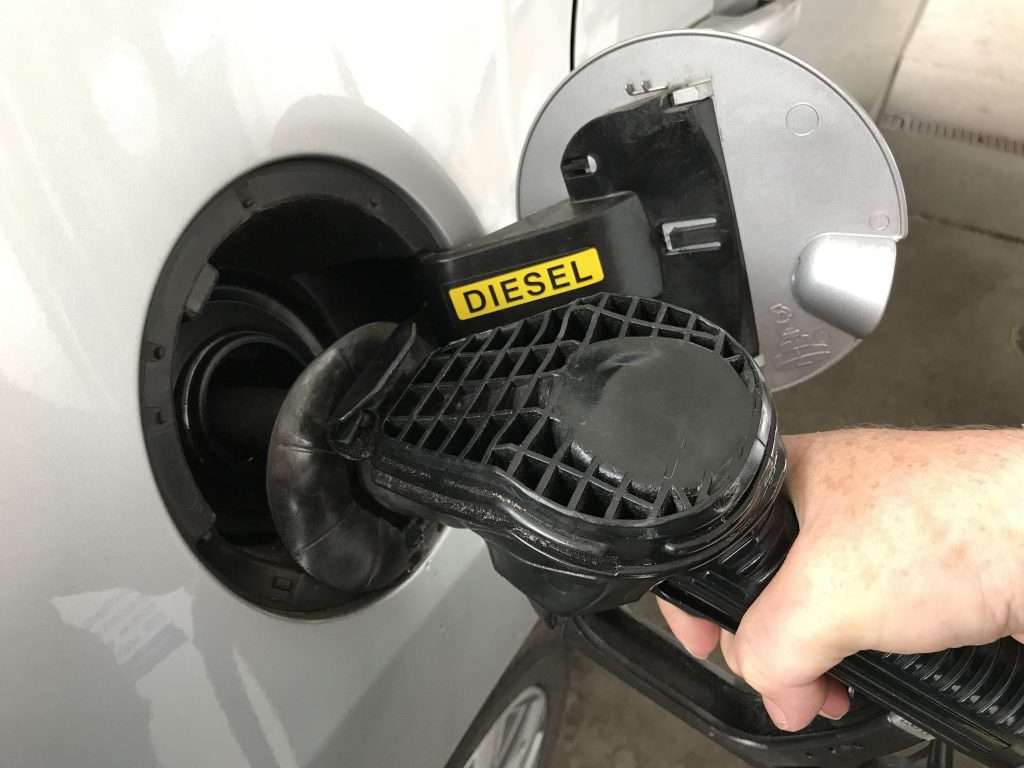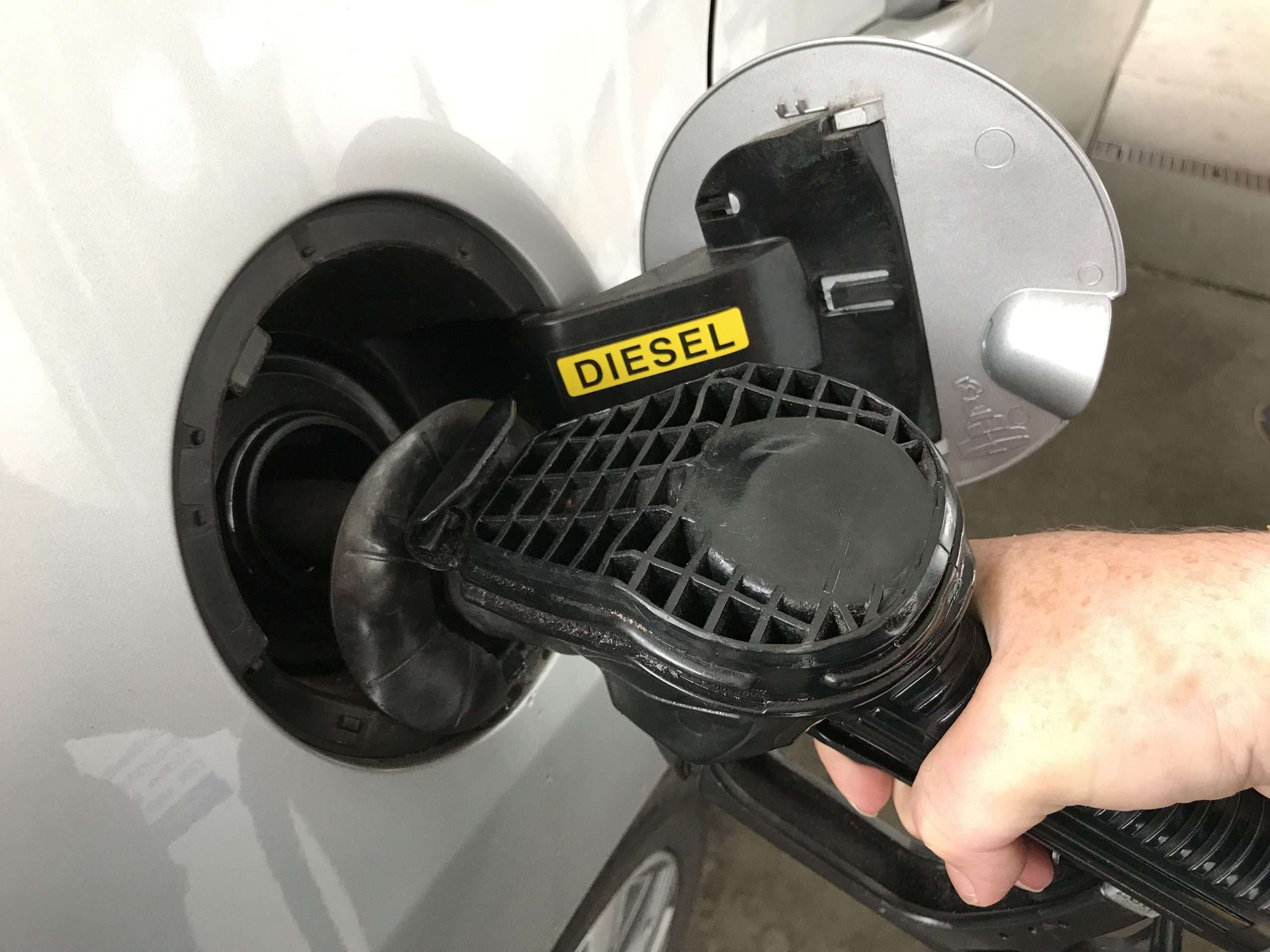
Table of Contents
As the world shifts towards cleaner, more sustainable energy sources, biofuels have become a major focus in the fight against climate change. Among the most prominent biofuels are biodiesel and renewable diesel. While both are derived from organic materials and serve as alternatives to traditional fossil diesel, they have distinct differences that impact their production, use, and environmental benefits. Understanding these differences is crucial for businesses and consumers looking to make informed decisions about fuel choices.
What is Biodiesel?
Biodiesel is a renewable fuel made from a variety of feedstocks, including vegetable oils (such as soybean oil), animal fats, and recycled cooking grease. It’s produced through a chemical process called transesterification, where fats or oils are converted into fatty acid methyl esters (FAME), the chemical compounds that make up biodiesel.
One of the key characteristics of biodiesel is that it must be blended with traditional diesel fuel before it can be used in diesel engines. Common blends include B5 (5% biodiesel, 95% petroleum diesel) and B20 (20% biodiesel, 80% petroleum diesel). While biodiesel reduces greenhouse gas (GHG) emissions compared to fossil diesel, it is not a drop-in fuel, meaning it cannot be used in its pure form without blending.
What is Renewable Diesel?
Renewable diesel, on the other hand, is a more advanced biofuel that can be produced from the same types of feedstocks as biodiesel, including vegetable oils, animal fats, and waste oils. However, the production process is different. Renewable diesel is produced through a process called hydrotreating, where the feedstock is treated with hydrogen to remove impurities, resulting in a product that is chemically identical to fossil diesel.
Because renewable diesel is chemically similar to fossil diesel, it is a drop-in fuel. This means it can be used in existing diesel engines and infrastructure without any modifications or blending. It offers significant GHG emissions reductions, often more than biodiesel, making it an attractive option for those looking to reduce their carbon footprint.
Key Differences Between Biodiesel and Renewable Diesel
1. Production Process:
- Biodiesel: Produced through transesterification.
- Renewable Diesel: Produced through hydrotreating.
2. Chemical Composition:
- Biodiesel: Fatty acid methyl esters (FAME).
- Renewable Diesel: Chemically identical to fossil diesel.
3. Usability:
- Biodiesel: Must be blended with petroleum diesel; cannot be used as a drop-in fuel.
- Renewable Diesel: A drop-in fuel; can be used directly in any diesel engine.
4. Environmental Impact:
- Biodiesel: Reduces GHG emissions compared to fossil diesel but typically less than renewable diesel.
- Renewable Diesel: Provides significant GHG emissions reductions, often greater than biodiesel.
5. Compatibility:
- Biodiesel: Requires blending with traditional diesel.
- Renewable Diesel: Fully compatible with existing diesel engines and infrastructure without any need for blending.
Why It Matters
For businesses and fleet operators, choosing the right fuel is essential for meeting environmental goals and maintaining efficient operations. Renewable diesel’s drop-in capability and superior environmental benefits make it a strong contender for those looking to transition to more sustainable fuel options without compromising on performance or infrastructure.
While both biodiesel and renewable diesel offer cleaner alternatives to fossil diesel, renewable diesel stands out for its ease of use and greater environmental benefits. As the demand for renewable fuels continues to grow, understanding these key differences will help businesses and consumers make the best choices for their needs and the planet.
At Rebel Fleet, we are committed to providing you with the information and solutions you need to navigate the evolving fuel landscape. Whether you’re considering biodiesel, renewable diesel, or other sustainable fuel options, we’re here to help you make the transition smoothly and effectively.
Are you ready to be a Rebel? Stay tuned for more updates and insights to help you manage your fleet efficiently and cost-effectively with Rebel Fleet Fuel Cards. Give Rebel Fleet a call today!

